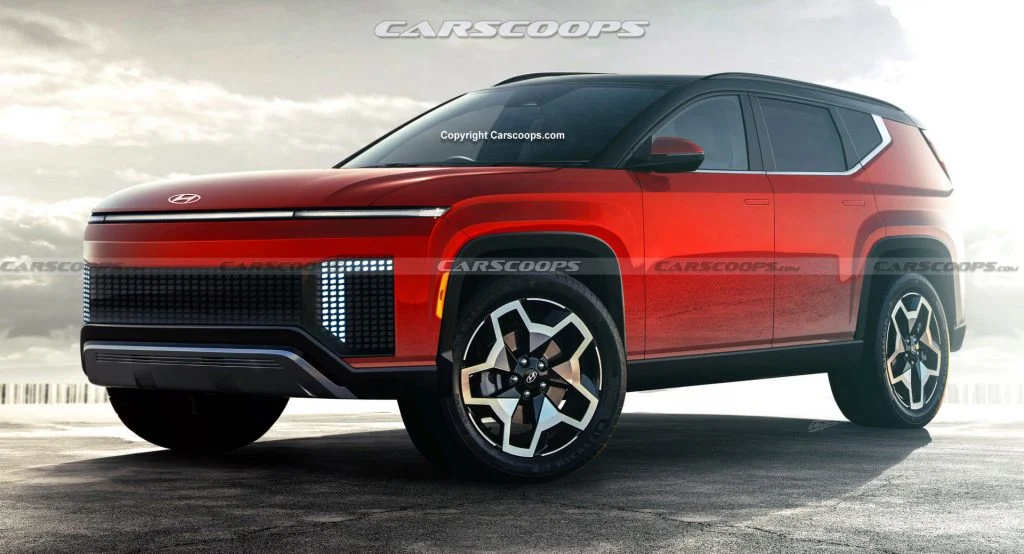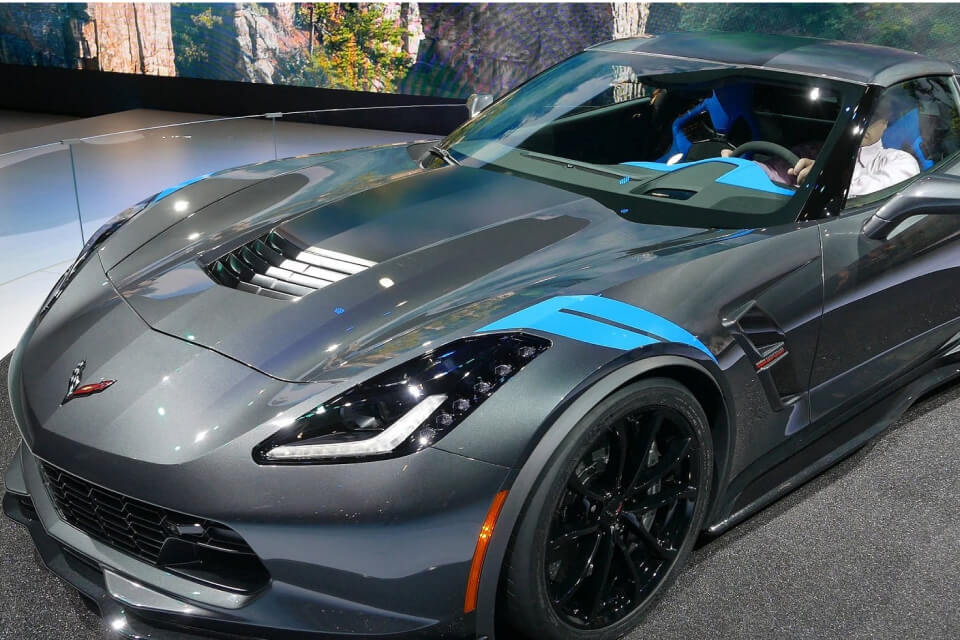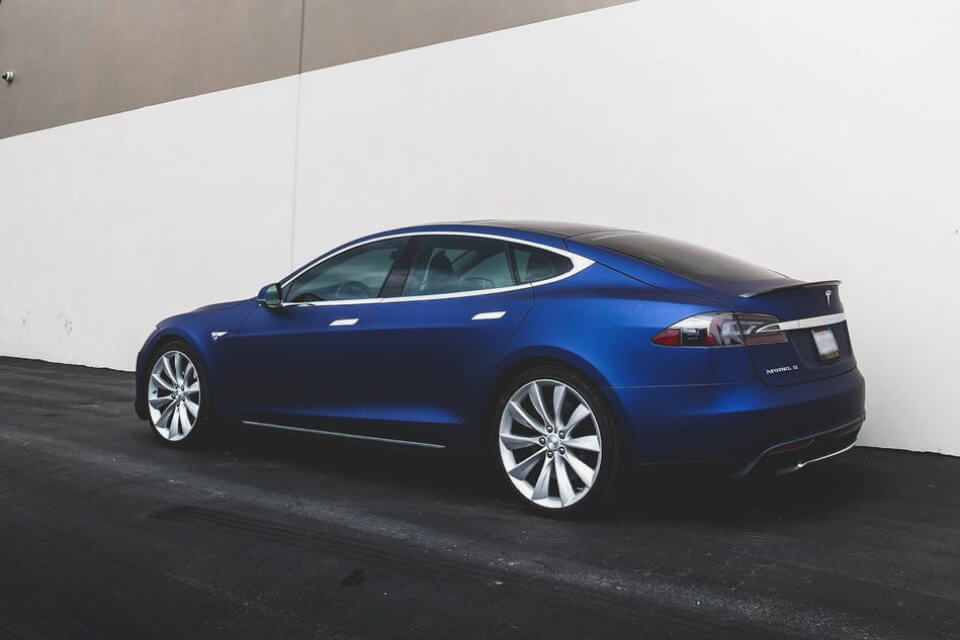Fuel efficiency and eco-friendly vehicles have become increasingly important as the world strives to reduce its carbon footprint. When it comes to choosing a more environmentally friendly option, the debate between hybrid and fully electric cars has become a focal point. Hybrid vehicles combine a traditional gasoline engine with an electric motor, while fully electric cars operate solely on electric power. Both options aim to reduce emissions and decrease reliance on fossil fuels, but they each have their own unique advantages and considerations.
One of the most pressing questions when it comes to fuel efficiency and eco-friendly vehicles is the cost-effectiveness of hybrid and fully electric cars. Additionally, the range of electric cars and the availability of charging stations are important factors to consider. Furthermore, the environmental impact of producing and disposing of the batteries in electric cars is a topic of concern. Overall, the comparison between hybrid and fully electric cars encompasses a wide range of considerations that go beyond just fuel efficiency.
Fuel Efficiency of Hybrid and Fully Electric Cars
Hybrid cars are known for their fuel efficiency, as they combine a traditional gasoline engine with an electric motor and battery. This allows the car to switch between the two power sources, using the electric motor at lower speeds and the gasoline engine at higher speeds, which ultimately results in better fuel economy and lower emissions. On the other hand, fully electric cars rely solely on electric power, meaning they produce zero tailpipe emissions and have no reliance on gasoline. This makes them extremely fuel efficient and environmentally friendly.
When comparing the fuel efficiency of hybrid and fully electric cars, it’s important to consider factors such as driving habits, charging infrastructure, and the mix of city and highway driving. While both types of vehicles offer significant fuel savings compared to traditional gasoline cars, the fuel efficiency of each can vary depending on these factors and individual usage patterns.
Environmental Impact of Hybrid and Fully Electric Cars
Hybrid cars have a lower environmental impact compared to traditional gasoline cars, as they produce lower emissions and consume less fuel. However, fully electric cars have an even greater environmental advantage, as they produce zero tailpipe emissions and have no reliance on fossil fuels. This makes them a popular choice for environmentally conscious consumers looking to reduce their carbon footprint and contribute to cleaner air quality.
Furthermore, the environmental impact of electric cars also depends on the source of electricity used for charging. If the electricity comes from renewable sources such as solar or wind power, the environmental benefits are even greater. Overall, both hybrid and fully electric cars offer significant improvements in terms of reducing environmental impact compared to traditional gasoline vehicles.
Cost of Ownership for Hybrid and Fully Electric Cars
When considering the cost of ownership, it’s important to evaluate the upfront cost, maintenance expenses, and potential savings on fuel. Hybrid cars generally have a lower upfront cost compared to fully electric cars, making them a more accessible option for many consumers. Additionally, the maintenance costs for hybrid cars are often similar to those of traditional gasoline cars, as they still have a gasoline engine that requires regular maintenance.
On the other hand, fully electric cars may have a higher upfront cost, but they often have lower maintenance expenses due to fewer moving parts and less wear and tear on the electric motor. Furthermore, the cost savings on fuel can be significant for fully electric cars, especially as charging infrastructure continues to expand and the cost of electricity remains relatively low compared to gasoline. Over time, the total cost of ownership for both hybrid and fully electric cars can be competitive with or even lower than that of traditional gasoline vehicles.
Range and Charging Infrastructure for Hybrid and Fully Electric Cars
One of the key differences between hybrid and fully electric cars is their range and reliance on charging infrastructure. Hybrid cars do not have the same range limitations as fully electric cars, as they can rely on the gasoline engine for longer trips. This makes them a more versatile option for drivers who frequently travel long distances or live in areas with limited charging infrastructure.
Fully electric cars, on the other hand, have a limited range that is determined by the capacity of their battery. While advancements in battery technology have led to longer ranges for many electric car models, drivers still need to carefully plan their routes and consider the availability of charging stations. As the charging infrastructure continues to expand, fully electric cars are becoming more practical for a wider range of drivers, especially for daily commuting and local travel.
Performance and Driving Experience of Hybrid and Fully Electric Cars
Hybrid cars are designed to provide a seamless driving experience that combines the benefits of both gasoline and electric power. This often results in smooth acceleration, quiet operation in electric mode, and ample power when needed from the gasoline engine. The driving experience of hybrid cars is similar to that of traditional gasoline cars, making them a familiar and comfortable choice for many drivers.
Fully electric cars offer a unique driving experience characterized by instant torque, quiet operation, and smooth acceleration without the need for gear shifts. The electric powertrain provides a responsive and exhilarating driving experience that is often lauded by electric car owners. Additionally, the absence of a gasoline engine leads to reduced noise and vibrations, contributing to a more serene driving environment.
Government Incentives and Rebates for Hybrid and Fully Electric Cars
Many governments around the world offer incentives and rebates to encourage the adoption of fuel-efficient and eco-friendly vehicles. These incentives can include tax credits, rebates on vehicle purchases, reduced registration fees, and access to carpool lanes. Hybrid cars have historically been eligible for such incentives, as they offer improved fuel economy and lower emissions compared to traditional gasoline cars.
Fully electric cars often qualify for even more substantial incentives, as they produce zero tailpipe emissions and have a greater environmental impact. In some regions, electric car buyers can benefit from significant tax credits and rebates, as well as access to additional perks such as free parking and charging incentives. These government incentives and rebates can significantly reduce the cost of purchasing and owning a hybrid or fully electric car, making them more financially appealing to consumers.
Infrastructure and Support for Hybrid and Fully Electric Cars
The infrastructure and support for hybrid and fully electric cars play a crucial role in their widespread adoption and long-term viability. Hybrid cars benefit from an established network of gasoline stations, making them convenient for drivers who are accustomed to the existing refueling infrastructure. Additionally, hybrid cars do not require specialized charging equipment, making them a practical choice for consumers who may not have access to charging stations.
Fully electric cars rely on a network of charging stations for recharging their batteries, and the availability of these stations can vary by region. However, the charging infrastructure for electric cars is rapidly expanding, with many public and private entities investing in the development of charging networks. This expansion, along with advancements in fast-charging technology, is making fully electric cars increasingly viable for a broader range of drivers, including those who may not have access to home charging options.
Resale Value and Long-Term Durability of Hybrid and Fully Electric Cars
When considering the resale value and long-term durability of hybrid and fully electric cars, it’s important to evaluate factors such as battery life, technological advancements, and market demand. Hybrid cars have a proven track record of retaining their value and offering reliable long-term performance, as they have been on the market for several decades and have demonstrated durability over time.
Fully electric cars are a newer technology, and their long-term durability and resale value are still being established. However, advancements in battery technology, increased production volumes, and growing consumer acceptance of electric vehicles are all contributing to greater confidence in the long-term viability of fully electric cars. As the market for electric cars continues to mature, it is expected that their resale value and long-term durability will become more competitive with those of traditional gasoline and hybrid cars.
| Hybrid Cars | Fully Electric Cars | |
|---|---|---|
| Fuel Efficiency | Uses both gasoline and electric power, so it has a longer driving range and can be refueled at gas stations | Runs entirely on electric power, so it produces zero emissions and has lower fuel costs |
| Environmental Impact | Produces lower emissions than traditional gasoline cars, but still relies on fossil fuels | Produces zero emissions and reduces the overall carbon footprint |
| Cost | Usually cheaper than fully electric cars, and the fuel costs are lower | Higher initial cost, but lower long-term fuel and maintenance costs |



